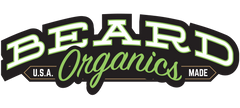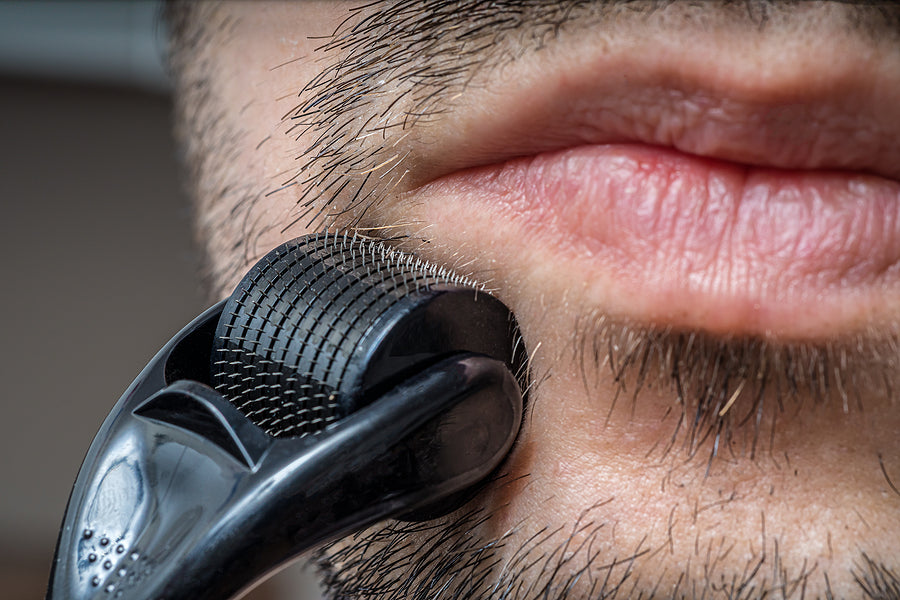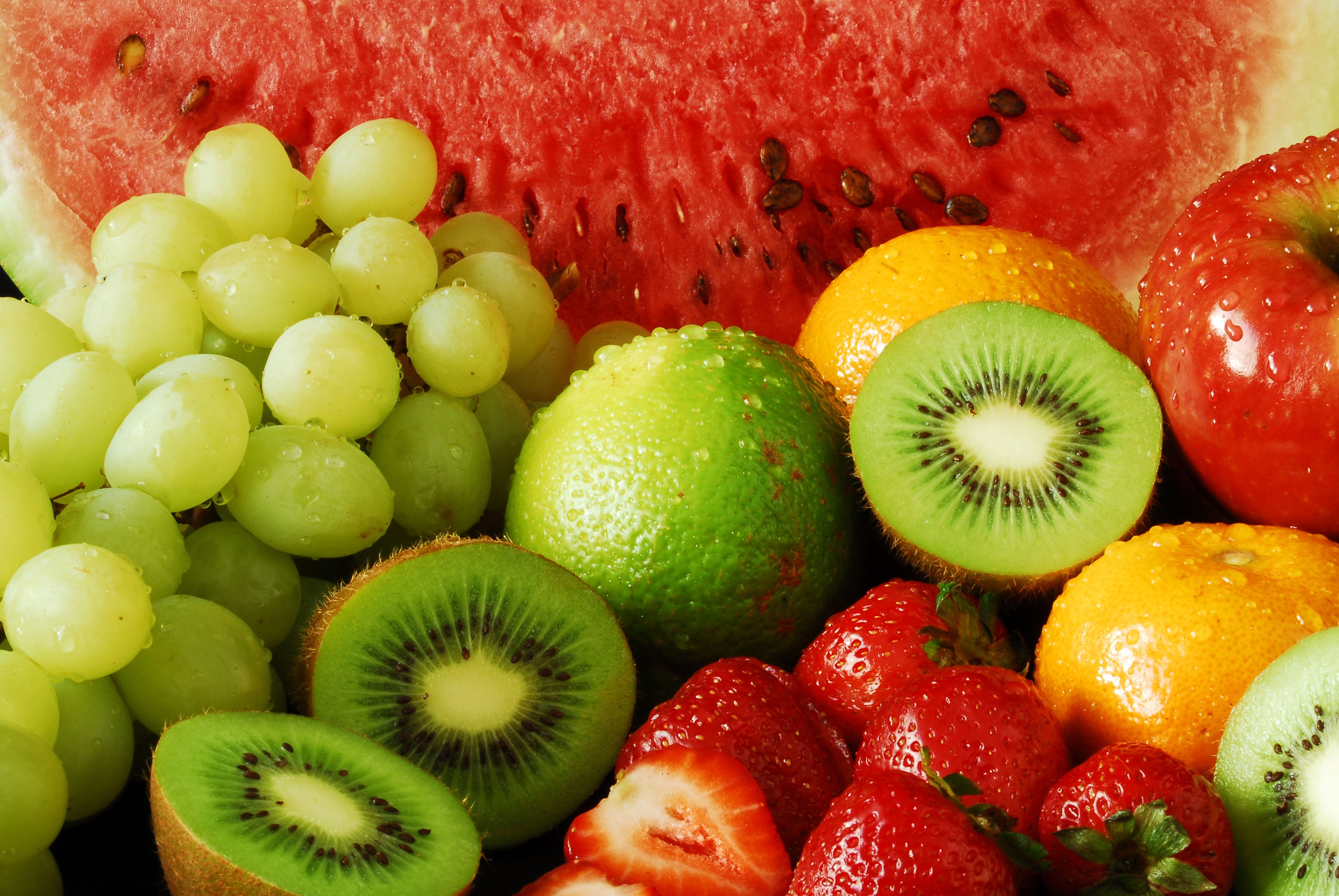Growing a beard can be a tricky effort and requires more than just using the best beard oil products to promote growth, thickness, and shine. Growing the ideal beard requires a masterful blend of the right vitamins and minerals. Combine this practice of eating fruits and vegetables with a good beard care routine that uses beard oils, derma rollers and now you're talking about a recipe for creating a healthy beard, flawless skin, and the pleasure of generating a bit of beard envy along the way.
Here are ten vegetables you should eat to grow a beard.
Bell Peppers
Bell peppers are good for more than cooking up a classic stir-fry or making your favorite stuffed-bell pepper dish. Bell peppers, specifically red bell peppers, can increase your beard growth rate by as much as 50 percent. This vegetable prevents DHT from damaging your hair follicles. They improve blood circulation, which is essential for the transport of those vital nutrients to the area to help maintain healthy beard growth.
Broccoli
Broccoli is not only excellent for helping to bestow shine on your beard, but it contains vitamin A, vitamin C, and calcium, three things that may prove beneficial in growing a beard. There are a few ways to cook broccoli, including steamed, baked, saute’, and stir fry. The more you consume, the better your results are likely to be.
Collard Greens
You might be saving those collard greens for special occasions, but you may want to consider adding this next superfood to your list of favorite side dishes. This dark leafy vegetable is packed with a core set of vitamins and minerals. Collard greens are a member of the cabbage family, and they are full of vitamin E, fiber, and iron, which help to sustain beard growth. Also, they are a fantastic source of vitamin A, B, C, and K. We know that vitamin C deficiency is occasionally the reason hair becomes brittle. Collard greens can help you to tackle this problem head-on.
Another fantastic side effect of collard greens is that they can help you solve for dry, itchy skin or patchy beard loss issues that may occur as a result of vitamin A deficiency.
Cucumbers
Does eating cucumbers help beards grow? Absolutely! Cucumbers are good for more than just being a necessary ingredient in your everyday garden salad. They are an excellent source for potassium, magnesium, vitamin C, and vitamin A. Cucumbers are rich in antioxidants, flavonoids, and phytonutrients, which can combat inflammation and damage your skin which serves as the foundation for your beard.
French Beans
French beans are potentially one of the richest sources for vitamin A and vitamin E, which are especially useful in protecting the quality of your beard. Also, for those of you who are not fans of those tell-tale gray hairs, they can help to protect your beard from premature graying.
Green Peas
You might be making a conscious effort to avoid green peas. However, you may want to reconsider tossing them into a salad or stew if you can’t stomach them as a stand-alone side dish. Green peas contain zinc, vitamin B, and iron –the coveted trio that not only supports beard but also sustains the health of your skin.
Onions
Onions may be one of the most underrated vegetables in the refrigerator pantry. Onions are excellent for growing a beard. They possess the right blend of properties and sulfur that support the production of collagen, which plays a vital role in skin cells and blood supply to follicles. Sulfur helps to stimulate collagen production, skin cells, and beard growth.
Onions are another food that can help to increase beard growth due to its natural ability to increase blood flow and awaken hair follicles.
Squash
The next time you have dinner with friends who prepare a butternut squash dish, make sure you add a healthy helping of this vegetable to your plate. Butternut squash is rich in vitamin A, which contributes to sebum production and vitamin C, which supports the creation of and maintenance of collagen.
Spinach
Spinach contains vitamin E, which gives your beard that healthy shine thanks in part to its capacity to minimize oxidative stress and damage at the cellular level. Free radicals and oxidative stress can contribute to a disruption in the hair structure of your beard, leaving it fragile and prone to thinning or breakage.
Sweet Potatoes
Sweet potatoes are an excellent side dish that you can eat to increase your intake of vitamin A. A single sweet potato contains 1403 mcg of vitamin A. The recommended daily allowance (RDA) for vitamin A is 700 mcg for men. Sweet potatoes are a fast and easy way to check the box for your vitamin A levels. Sweet potato fries, baked sweet potatoes, and boiled sweet potatoes are just three ways you can eat this vegetable. Not into plain sweet potatoes? Don’t be afraid to enhance the flavors by adding a dash of paprika, cayenne pepper cinnamon, sugar or marshmallows.
These are just ten vegetables you should eat to grow a beard. Of course, the vegetable family is relatively large, so be adventurous and find the vegetables that best cater to your taste buds. Choose those vegetables that contain vitamin A, B, C or E. You want to eat those foods that protect or enhance the structure of your hair, protects your skin, promotes blood flow to carry those nutrients to your beard, and helps to give your beard a natural shine.



